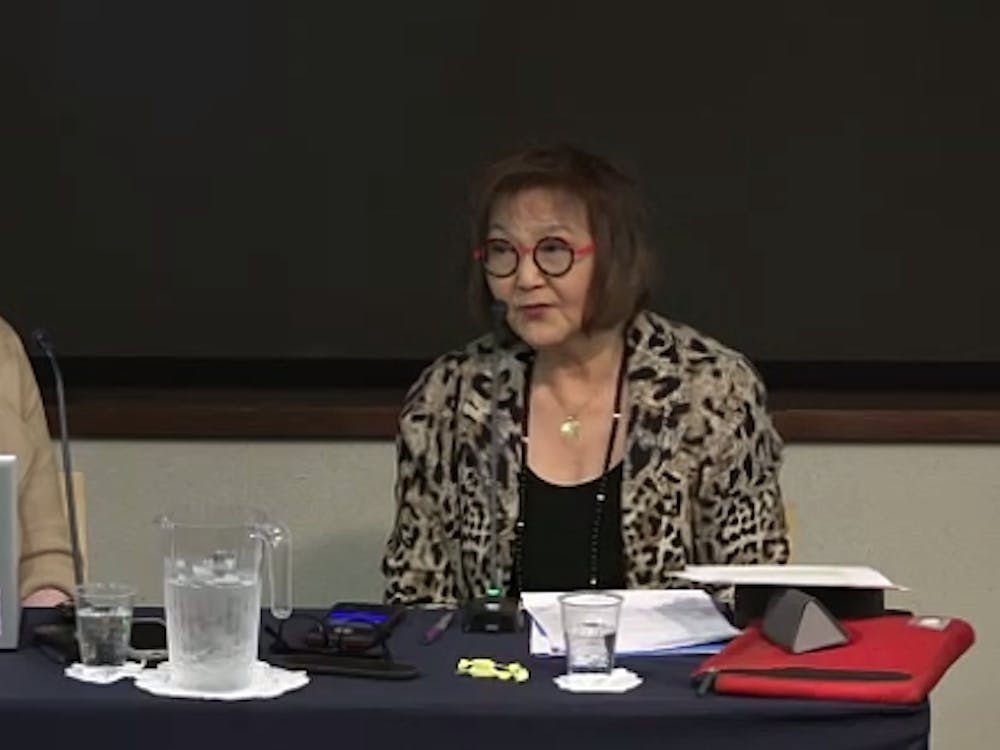Many dread the aging process due to the likelihood of acquiring certain diseases such as cancer or Alzheimer’s. However, memory loss is not an inevitable part of everyone’s future. A recent study indicates that social activities that engage seniors may improve their memory retention.
A typical adult over 65 years old will lose about one to two percent of his or her brain volume every year. These adults are more at risk for memory loss and the development of diseases. The molecules and blood vessels within the brain also change with age. As the circulatory system ages, blood pressure continues to rise, increasing the probability of a stroke. In addition, neurotransmitters and hormones such as dopamine may all influence the functioning and aging of the brain. The brain may suffer from structural changes, such as the thinning of the cortex or damages to DNA in brain cells. All of these factors result in a higher rate of mental illnesses and cognitive losses among the elderly.
While these changes are an integral part of aging, researchers led by Michelle Carlson, an associate professor at Bloomberg School of Public Health, found that certain activities may alleviate the symptoms of an aging brain. This two-year study involved a random sample of 111 adults who were separated into two groups. One group participated in the Experience Corps, while the other served as the control. Adults in the Experience Corps performed many activities, including exercising, socializing and teaching younger people. In contrast, the control group was more sedentary and performed routine tasks. To compare the results of different groups after their experiences, scientists took MRI scans of subjects at set time points to analyze brain development and volume. The subjects were also given tests that assess their memory capacities.
After a period of two years, the researchers found that those who are in the Experience Corps have healthier brains than their counterparts in the control group. This suggests that the elderly who are more active, both physically and socially, have increased brain volumes in the hippocampus, the region of the brain responsible for inhibitions and memories. While researchers did not identify the exact mechanisms underlying the transformation, they emphasized the wide variety of activities that each elder had to perform in the program. These complex social interactions and activities introduced variability into an otherwise routine lifestyle, and this may have caused the increases in brain volumes.
The study primarily involved elderly black people of low socioeconomic status. The results from the study are especially encouraging because scientists agreed that those suffering from a low socioeconomic status are at an increased risk for age-related declines in mental abilities. The partial reversal of brain atrophy demonstrates that, with adequate interactions, the elderly are able to preserve or even improve their mental capacities. There are programs such as the Baltimore Experience Corps that actively engage the elderly in the community. Programs like these seek to improve both the community and can simultaneously benefit the health of seniors.




